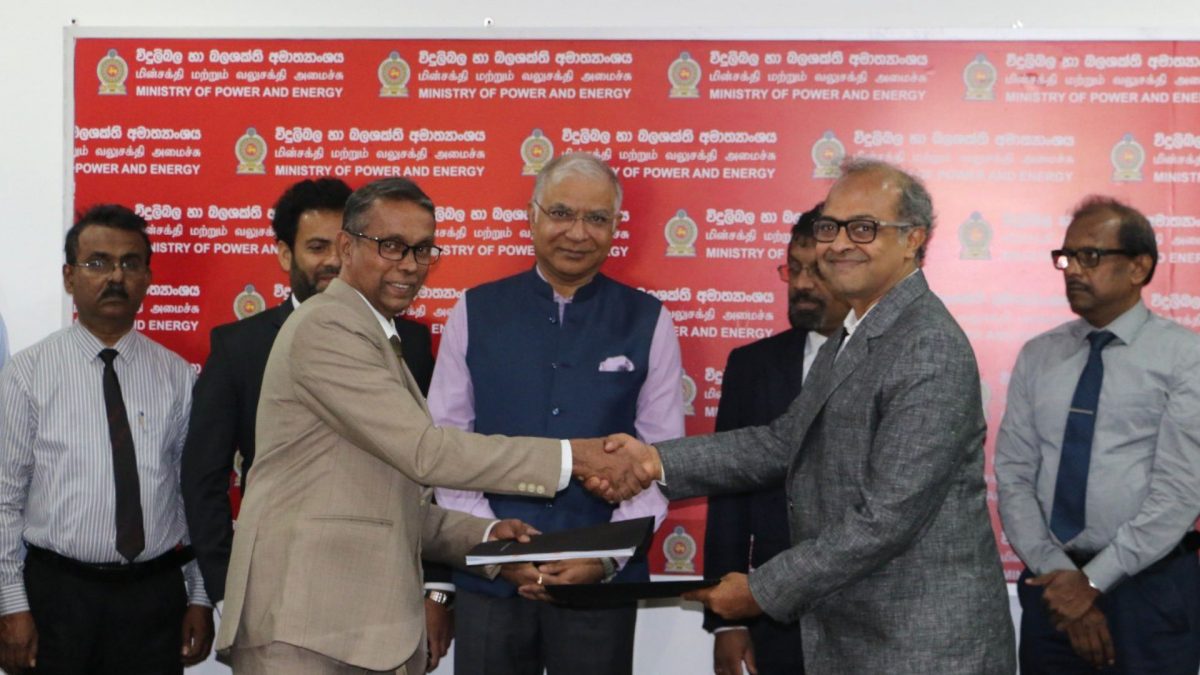New Delhi: The rural constituencies are where the AAP scored a duck in the assembly elections in 2013; these continue to be the party’s Achilles’ heel this time too. In what could be bad news for the party in a make or break election its own workers are up in arms against the candidates chosen by the leadership.
“Rank outsiders have been given ticket instead of active volunteers and original members,” say AAP volunteers. The party had given tickets to Goverdhan Singh, Rajinder Dabas and Suresh Bharadwaj, to name a few, but later cancelled these.
It replaced Goverdhan Singh and Rajinder Dabas respectively from Mehrauli and Mundka seats with new faces Naresh Yadav and Sukhbir Dalal. This has triggered protest and the supporters of these two candidates staged a demonstration.
The decision to replace these two candidates from rural seats was taken by the party’s internal Lokpal, after it received negative feedback against the two, which was reportedly proved right.
“An inquiry by the party’s internal Lokpal headed by Admiral (Retd) L Ramdas found charges of corruption against them and the party decided to replace them with new candidates,” AAP spokesperson Ashish Khetan told Firstpost.
He added, “right from the beginning our party has been maintaining a stand that if we get any negative feedback about a candidate and it’s proved correct, he or she would be removed. In the last election, the AAP contested on 69 seats as at the last moment, the party withdrew a candidate on grounds of corruption. Now there is no problem on the rural front.”
In a bid to dilute the situation, the party had claimed that Goverdhan Singh was removed as his family members had transported people in buses to Prime Minister Narendra Modi’s recent rally at Ramlila Maidan and it didn’t go down well with the AAP’s top leadership. They thought that it would have a negative impact on AAP’s voters in Mehrauli.
“This reason was given to minimize the damage. In fact, an inquiry was initiated against eight candidates, out of which six were let-off as allegations against them couldn’t be substantiated. The reason behind cancellation of Goverdhan Singh’s candidature is because there are allegations against him of having links with the local drug mafia,” an AAP insider said.
Meanwhile, a close aide of Goverdhan Singh claimed that the latter had paid Rs 2 crore to the party to get the ticket from Mehrauli. However, the veracity of this allegation could not be checked.
According to a Mehrauli local, “Goverdhan Singh neither has any social or political standing nor is he an active volunteer. On what grounds, the AAP gave him a ticket, needs to be checked.”
In the case of Dabas, when his name was announced for the Mundka seat, there were protests against the party’s decision. Last month, AAP had replaced its candidate from Wazirpur seat Suresh Bharadwaj by a local leader Rajesh Gupta. “Bharadwaj was also an ‘outsider’ as he was a BJP councillor and switched over to the AAP, but again took a U-turn. He shouldn’t have been given a ticket in the first place,” an AAP member said.
Prior to the announcement of names of candidates, especially for the rural and semi-urban segments, there had been a lot of speculation on candidatures. The party too had to undergo a lot of brainstorming and homework to get the right candidates, as rural seats would play a major role in winning the forthcoming election.
“The party instead of consulting its local volunteers and getting a consensus on candidate selection, has named candidates arbitrarily. Some of them are even outsiders, with no contribution to the party. This is causing rebellion,” an AAP volunteer said.
According to AAP sources, the party wants to strongly focus on 14 such seats of Bawana, Badarpur, Badli, Brijwasan, Chhattarpur, Mehrauli, Matiala, Mundka, Narela, Najafgarh, Nangloi, Palam, Rithala and Tughlaqabad. “These seats have a large chunk of voters from economically weaker sections, who’re already committed to AAP. We want to expand our reach in these pockets in the first phase of our rural drive.”
In order to strengthen its rural base, the AAP has joined hands with the Delhi Gramin Samaj, an NGO that has been working over a decade on various socio-economic issues of the villagers, to increase its reach among this segment.
“The politics in the rural areas is very different from that in urban areas. Here the castes, sub-castes and communities work. The villagers and their heads don’t easily join hands with any political party nor accept them on face value. But, once they accept any party or a leader, they remain loyal under any condition. So, the AAP too will have to establish that rapport with the villagers and village heads (Pradhans),” said president, Delhi Gramin Samaj, Col (retd.) Rai Singh Balhara.
In the 2013 election, out of 18 rural seats with maximum concentration of villages, the BJP had bagged 17 and one was won by an Independent candidate. Similarly, out of 28 semi-urban and semi-rural (also known as rurban) seats, 23 had gone to the BJP.


)




)
)
)
)
)
)
)
)